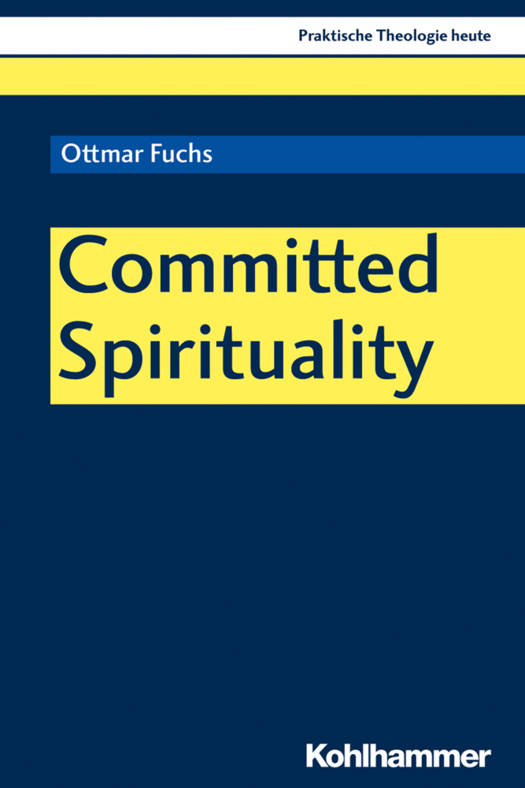
Bedankt voor het vertrouwen het afgelopen jaar! Om jou te bedanken bieden we GRATIS verzending (in België) aan op alles gedurende de hele maand januari.
- Afhalen na 1 uur in een winkel met voorraad
- In januari gratis thuislevering in België
- Ruim aanbod met 7 miljoen producten
Bedankt voor het vertrouwen het afgelopen jaar! Om jou te bedanken bieden we GRATIS verzending (in België) aan op alles gedurende de hele maand januari.
- Afhalen na 1 uur in een winkel met voorraad
- In januari gratis thuislevering in België
- Ruim aanbod met 7 miljoen producten
Zoeken
€ 59,95
+ 119 punten
Uitvoering
Omschrijving
Christian faith can lead to a spirituality that can give strength and energy for just action. Conversely, human solidarity can open us up to the contents of the Christian faith. Christian hope, in particular, opens us to a universal solidarity that does not exclude others and never serves only one's own areas without others. Ottmar Fuchs has spelled out this connection in his entire practical theology in many works and now presents here important results of his work in collected form for an English-language readership. The churches are at the service of this commitment for all people. In the acute disputes between identitarian-fundamentalist and open-universal-solidarian formations, the author represents the position of a faith that accepts all people into the love of God and an ethics not limited by any borders. It is the vote for a church that is more self-giving than victorious at the expense of others and that profiles all its "instruments" from the social and ritual organization of the church to its respective external relations in such a way. It is about a format of faith and church that does even not release the respective exclusivistic parts in churches and in society from the caring responsibility.
Specificaties
Betrokkenen
- Auteur(s):
- Uitgeverij:
Inhoud
- Aantal bladzijden:
- 374
- Taal:
- Engels
- Reeks:
- Reeksnummer:
- nr. 168
Eigenschappen
- Productcode (EAN):
- 9783170375499
- Verschijningsdatum:
- 13/11/2019
- Uitvoering:
- Paperback
- Formaat:
- Trade paperback (VS)
- Afmetingen:
- 155 mm x 231 mm
- Gewicht:
- 544 g

Alleen bij Standaard Boekhandel
+ 119 punten op je klantenkaart van Standaard Boekhandel
Beoordelingen
We publiceren alleen reviews die voldoen aan de voorwaarden voor reviews. Bekijk onze voorwaarden voor reviews.









